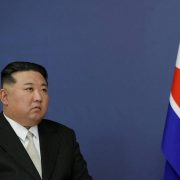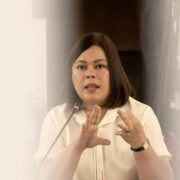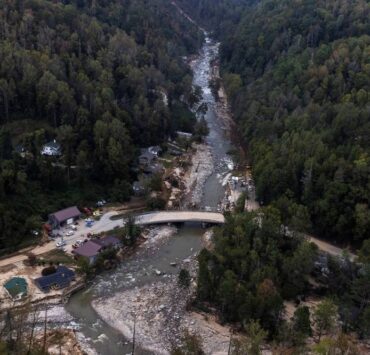Keeping the lights on in Cuban homes emptied by emigration
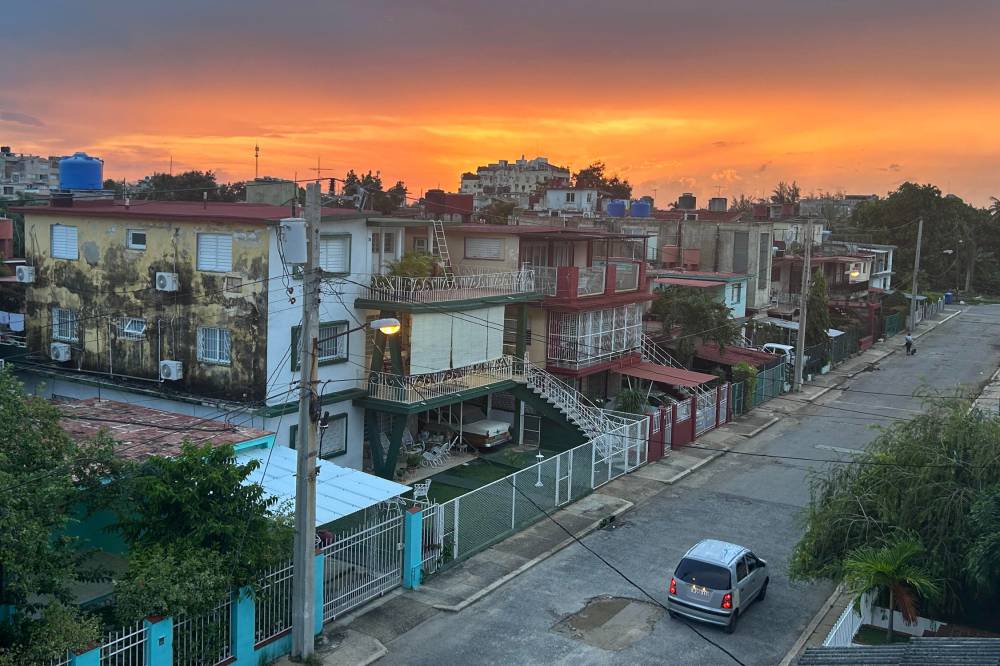
HAVANA—Once a week, Alfredo Garcia crosses the street to his neighbor’s house in the Cuban capital Havana to open the windows, sweep the floors and water the plants.
Before she left for Spain, the owner asked 58-year-old Garcia to keep the lights on in her home in the upmarket neighborhood of Playa and make it look lived in, to ward off robbers.
That was six months ago and there is no sign of her returning, nor any of the other people to have joined the biggest wave of emigration from Cuba since the 1959 revolution that brought Fidel Castro to power.
“I am the only one who has stayed. All my friends on this block have emigrated,” Garcia told AFP with more than a hint of nostalgia.
Cuba is in the throes of its worst economic crisis in 30 years, marked by sky-high inflation and shortages of food, medicine, fuel and even water.
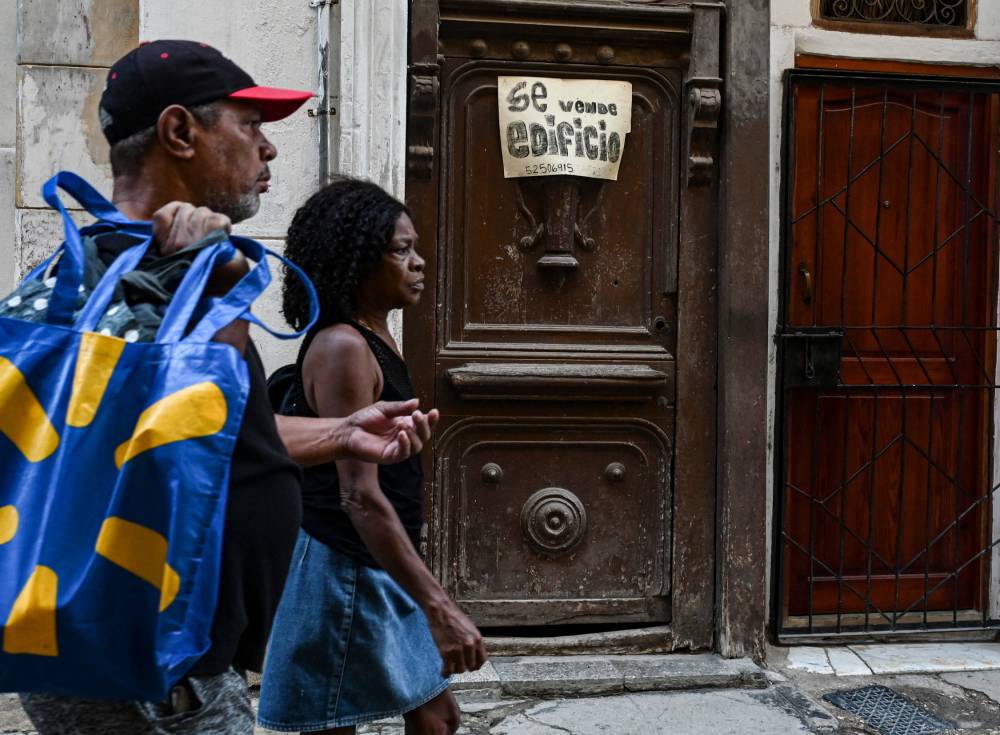
The government blames six decades of US sanctions tightened under ex-president Donald Trump but the island is also still feeling the aftershocks of the COVID-19 pandemic, which hit tourism hard.
With no relief in sight, many islanders are scrambling to emigrate.
According to official statistics, Cuba’s population fell from 11.1 million inhabitants in the last census in 2012 to under 10 million this year.
Exodus
More than 700,000 emigrated to the United States, legally or illegally, between January 2022 and August 2024, according to the US Customs and Border Protection office.
Others have made a new life in Europe, or closer to home in Latin America.
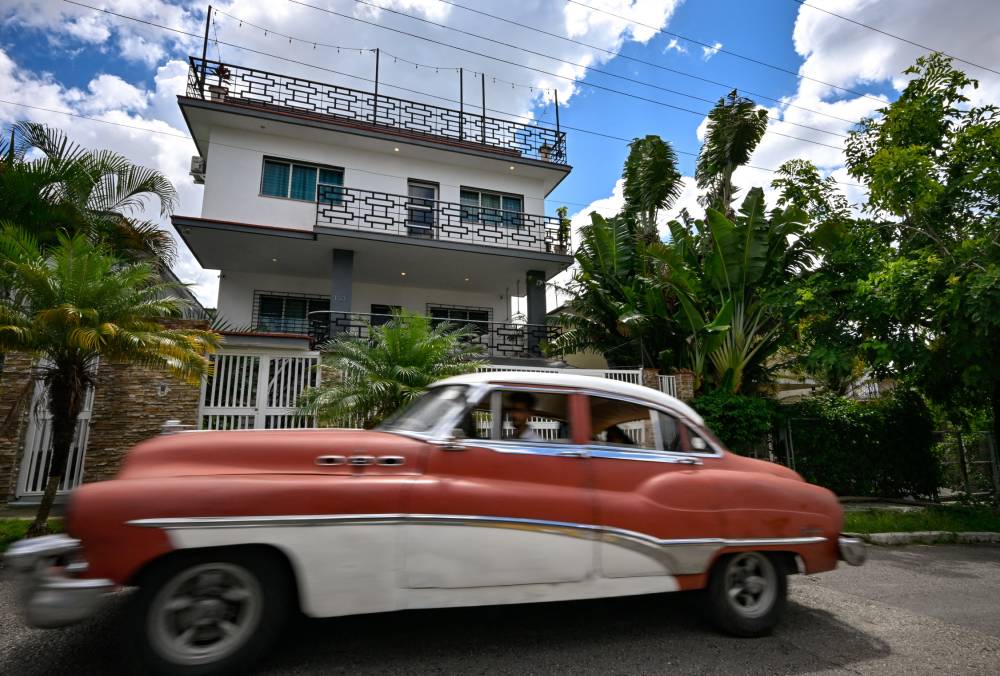
The exodus has triggered a collapse of the real estate market, which had flourished after Fidel’s brother and successor, Raul Castro, authorized property sales in 2011 for the first time since the revolution.
“The multisystemic crisis and the migratory wave are sinking the property market,” Emilio Morales, CEO of the Miami-based Havana Consulting Group, which advises people doing business in Cuba, said in a report on Cuban real estate.
‘Almost giving away homes’
Raidel Gonzalez, a 34-year-old chauffeur, told AFP he dreams of taking his family to Mexico.
But for the past seven months he has been unable to find a buyer for his five-bedroom property with a small pool in Playa, despite lowering the asking price to 10,000 dollars.
“The problem is that people are almost giving away their homes in order to get some money to leave,” a woman struggling to sell her apartment in Cerro, one of Havana’s poorest neighborhoods, told AFP bitterly.
Such is the rush of some families to leave they post ads on the facades of buildings or on social media offering homes “for sale with everything inside.”
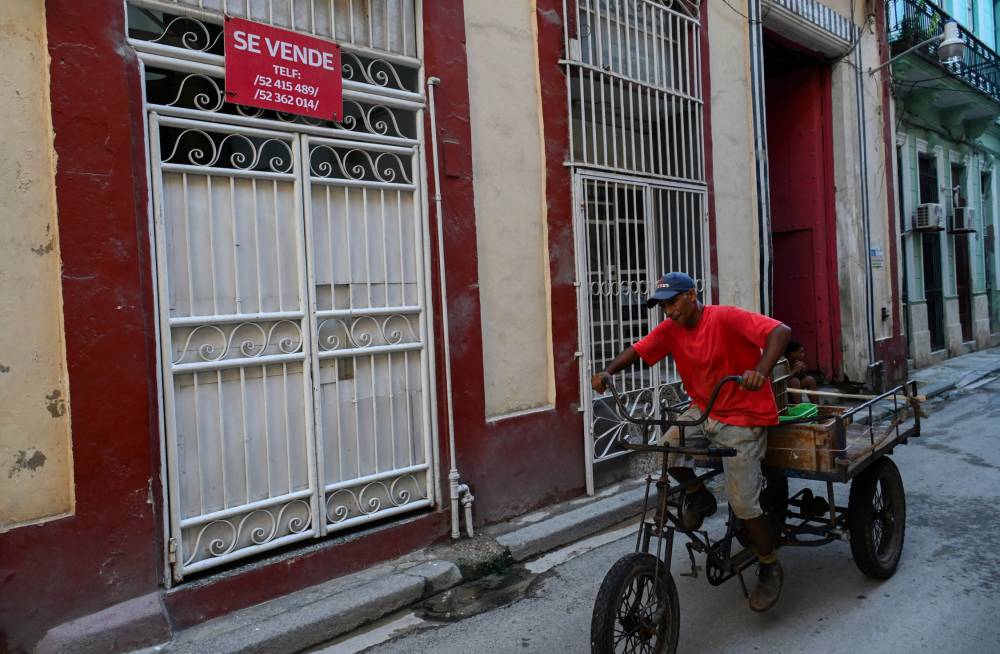
A 72-year-old Havana resident, speaking on condition of anonymity because she did not want to draw attention to her absent relatives’ empty properties, said she spent all her time running between the houses of her brother, sister-in-law and cousin, who emigrated to the United States in the last two years.
She also keeps watching over the home of her daughter, who has lived in Spain for the past seven years.
“We open them and spend one or two days in each house” each month, said the woman, who also pays everyone’s bills to make it appear as if the homes are occupied.
Outreach to overseas Cubans
For decades, Cuba had no real estate market at all.
For the first years after the revolution, the homes of those who fled were expropriated and handed by the government to poor families.
A short while later, Fidel Castro’s government introduced a “permuta,” allowing Cubans to swap homes but no one was allowed to sell property and, crucially, anyone who left the country forfeited their home.
Raul Castro, president from 2008 to 2018, softened one of the most despised provisions in Cuba’s emigration laws by allowing those who returned to the island within two years to keep their property.
To further strengthen the bond with Cubans abroad, the current government has changed the law to allow them to retain ownership of their homes, regardless of how long they have spent outside the country.
The law is due to take effect later this month.
AFP is one of the world's three major news agencies, and the only European one. Its mission is to provide rapid, comprehensive, impartial and verified coverage of the news and issues that shape our daily lives.

